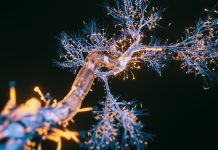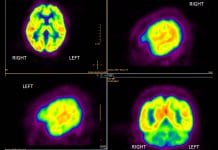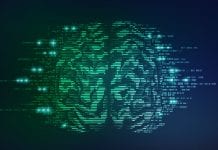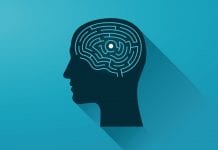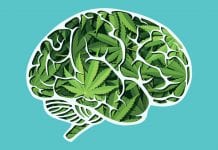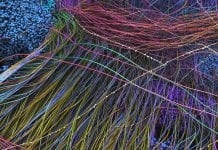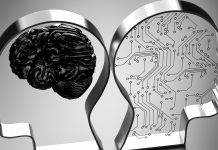Neuroscience Related News
The role of Artificial Intelligence in neuroscience
Artificial Intelligence continues to innovate healthcare, and now it could have an intrinsic role in neuroscience.
Neuroscience is the study of the nervous system, with...
Strengthening digital patient engagement with BuddyCare
In October 2020 Turku University Hospital’s Psychiatric Neuromodulation Unit started using the BuddyCare Platform for digital patient engagement, automated patient support and data collection.
Patients...
New method facilitates medical technology transition from lab to market
Despite the pace of innovation in the field of medtech, many medical technologies never make it out of the laboratory.
Advances in materials, microfabrication and...
Cerebriu: Danish health technology providing shorter waiting times in hospitals
Introducing Cerebriu, the Danish company striving to improve workflow efficiency, quality and patient outcomes through pioneering health technology.
New technology introduced by Cerebriu has been...
The endocannabinoid system: what does the future hold?
Dr Adam Norris explains the intricacies of the endocannabinoid system and where research into its role could be heading.
Dr Adam Norris has been working...
Research suggests a new breakthrough for drug resistant epilepsy
30% of epilepsy cases are classified as drug resistant but new research from the University of Alabama suggests there may be new ways to...
Autism: ‘social’ and ‘visual’ neural circuits do not connect for some children
A new study has shown that children with autism who prefer to look at geometric shapes rather than social images have lower levels of...
Ketamine may hold potential as treatment for autism and Tourette’s
To this day there is no known cure for either autism or Tourette’s syndrome, however, new research has revealed how a common anaesthetic could...
Breakthrough discovery reveals how memories are coded in the brain
NUS researchers have made a breakthrough in the field of cognitive computational neuroscience, by discovering a key aspect of how the brain encodes short-term...
NIH study finds anti-seizure drugs equally effective
New findings reveal that three anti-seizure drugs, levetiracetam, fosphenytoin, and valproate, are equally safe and effective in treating patients with this condition.
These three anti-seizure...
Research unclear on link between cannabis and psychosis
A number of studies have been looking at the link between cannabis and psychosis, however, much more needs to be done to fully understand...
Scorpion toxin targeting ‘wasabi receptor’ could help solve mystery of chronic pain
Researchers found a scorpion toxin targeting the 'wasabi receptor', a chemical-sensing protein located in nerve cells responsible for the sinus-jolting sting of wasabi.
At UC...
Alzheimer’s research increasingly focused on links to sleep and other behaviours
Sleep and other behavioural topics are growing within Alzheimer’s disease research, according to a new report released by Elsevier.
September is World Alzheimer’s Month, and...
Blue Brain project finds how neurons form billions of synaptic connections
A project that aims to build biologically detailed digital reconstructions and simulations of the rodent, and ultimately the human brain, has found how neurons...
The world of silent strokes: a common phenomenon you didn’t know about
Canadian researchers have discovered that covert or silent strokes are common in seniors after they have elective, non-cardiac surgery and double their risk of...
The science behind traumatic brain injury and concussion
While probing the origins of concussion, Stevens researchers identify which regions of the brain are more vulnerable to damage from a traumatic brain injury.
If...
Funding to better understand craniopagus conjoined children
Charity, Gemini Untwined, has been launched to fund treatment and further our understanding of craniopagus conjoined children around the world.
The surgeons behind the life-changing...
Progressive muscle relaxation: can a smartphone app help relax migraines?
According to NYU School of Medicine, migraine sufferers who used a smartphone-based progressive muscle relaxation technique at least twice a week experienced fewer headache...
Examining ethical issues surrounding wearable brain devices marketed to consumers
Wearable brain devices are now being marketed directly to consumers and often claim to confer benefits like boosting memory and modulating symptoms of depression...
The visual cortex: Is there a brain region for Pokémon characters?
Did your childhood hood involve countless hours spent capturing, training & battling Pokémon? Well, there now may be a link between our visual cortex...

